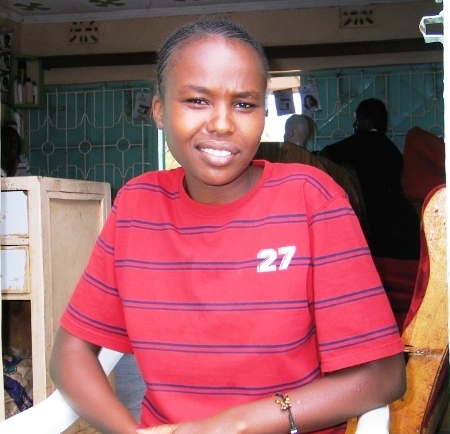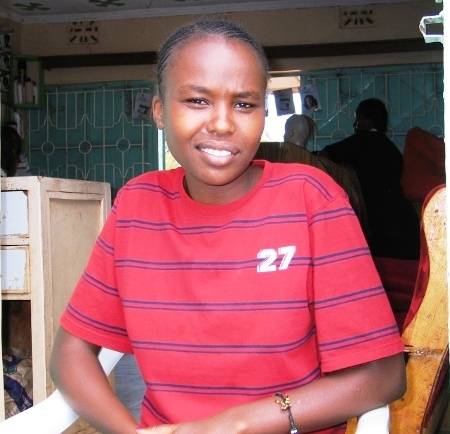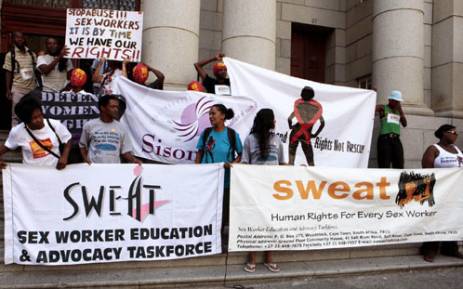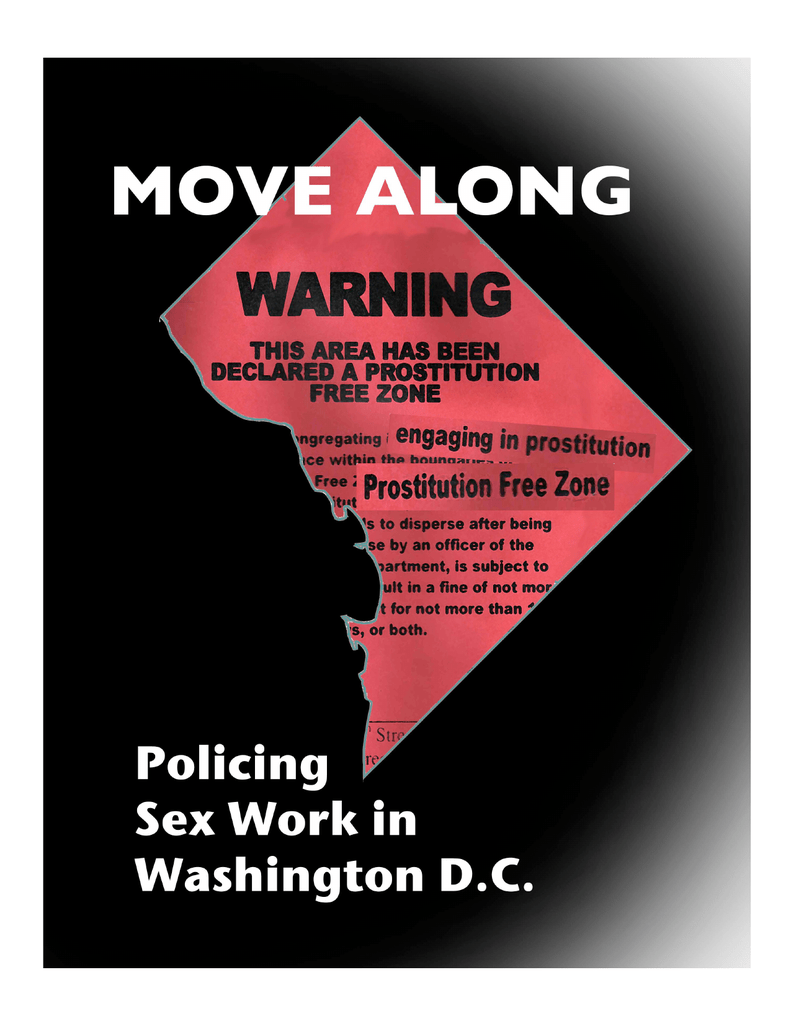
Everlyn Masha Koya
In my previous posting, I looked at testimony of Everlyn Masha Koya, a twenty two year old sex worker-turned-peer educator from Isiolo, Kenya. Ms Koya’s failure to persuade women who have children to leave the sex trade led me to reflect upon contradiction between women’s economic contributions to nation-state and the nation-state’s desire to control women’s behavior and women’s sexuality. Yet it is also a story about state efforts to provide women with different economic opportunities and about women’s efforts to negotiate better lives for themselves and for other women. What else could Ms Koya’s story tell us?
Ms Koya’s grant from the state suggests that it, or its agents, have an interest in expanding women’s economic opportunities. As Rajeswari Sunder Rajan points out, the state isn’t a monolithic structure. It is made up of different institutions and individuals who do different, sometimes competing, things. While one arm of the state might be securing its sovereignty by making it possible for sex workers to have access to military bases, another arm of the state might be securing grants to give women training so they have a wider range of economic opportunities. As Sunder Rajan argues, “any understanding of state-citizen relations requires…attention to the microlevel workings of state regimes” (6).
Ms Koya’s testimony suggests that the state might participate in the exploitation and oppression of women’s bodies and lives. But if we look at different branches of the state, and different individuals who work for it, the state also can be used to improve women’s lives. As Ms Koya reports, “Then in July [2009], officials from the [government’s] Arid Lands Office held a meeting for sex workers at the Isiolo stadium. We were asked to quit. They asked us to identify what kind of business we wanted to start, trained us in how to conduct business, budgeting, keep a record of our sales, savings and also asked us to go for HIV testing. I was lucky to test negative.”
What else can we learn from this story? Within the situations that she has inherited, Ms Koya’s efforts to transform her own life and the lives of other women, to work for freedom from violence tells us about what women are doing within, and against, epistemic violence. In some locations, because of their economic contributions and their perceived social role of servicing male sexual need, sex workers have been able to emerge as a collective and make demands on the state. As Cynthia Enloe points out, there have been efforts by women in Kenya and in the Philippines to create networks of women in countries that host American military bases. This is a step towards addressing and dismantling the global gender structures on which military bases depend. There are other transnational and local efforts, including daily work of survival by growing gardens and recycling waste, organizing gender forum; occupying leftist organizations which don’t address gender and gendered labor; fighting back through state institutions and on the streets; union organizing; reporting which reframes issues as women’s issues; reporting which reframes issues as more than just women’s issues; story telling; women, and people around them, saying “enough,” and many other activities for dignity and well-being.
If we look closely, we see women actively participating in public life. Women are at the forefront of resistance movements in places like Honduras and South Africa. Women protest the failure of the state to investigate the systematic murder of women in Vancouver and Ciudad Juarez, Mexico. Women challenge the meaning of public space and public mourning in Argentina and Iran. Women organize feminist media in Costa Rica. And there is the more quiet, everyday work of women to improve the daily conditions and work to enable themselves and their families to survive in the face of everyday poverty or ‘natural’ disasters. This happens just about everywhere and has different contexts but let’s point to Port-au-Prince, Haiti, as one place where women struggle to survive.
Paying attention to gendered violence and power, all forms and mixes of it, that work through the family, the community, the state and its institutions, and through economic structures and arrangements is important work. But so is paying attention to women’s individual and collective efforts, in the context of gendered power, all forms and mixes of it, to “transform the conditions of their lives” (Kabeer, 54). Women are not just victims of material forces, state power and cultural patriarchy. Women actively seek to work for the health and well being of their families, their children, other women, and their communities. In the context of structural constraints, we see women like Ms Koya struggling, negotiating, working, and, even, organizing. It’s important to pay attention to what women are doing, their activities and obstacles to their activities, in relation to the gender-structured conditions that they’ve inherited.
(Photo Credit: Noor Ali / IRIN)






